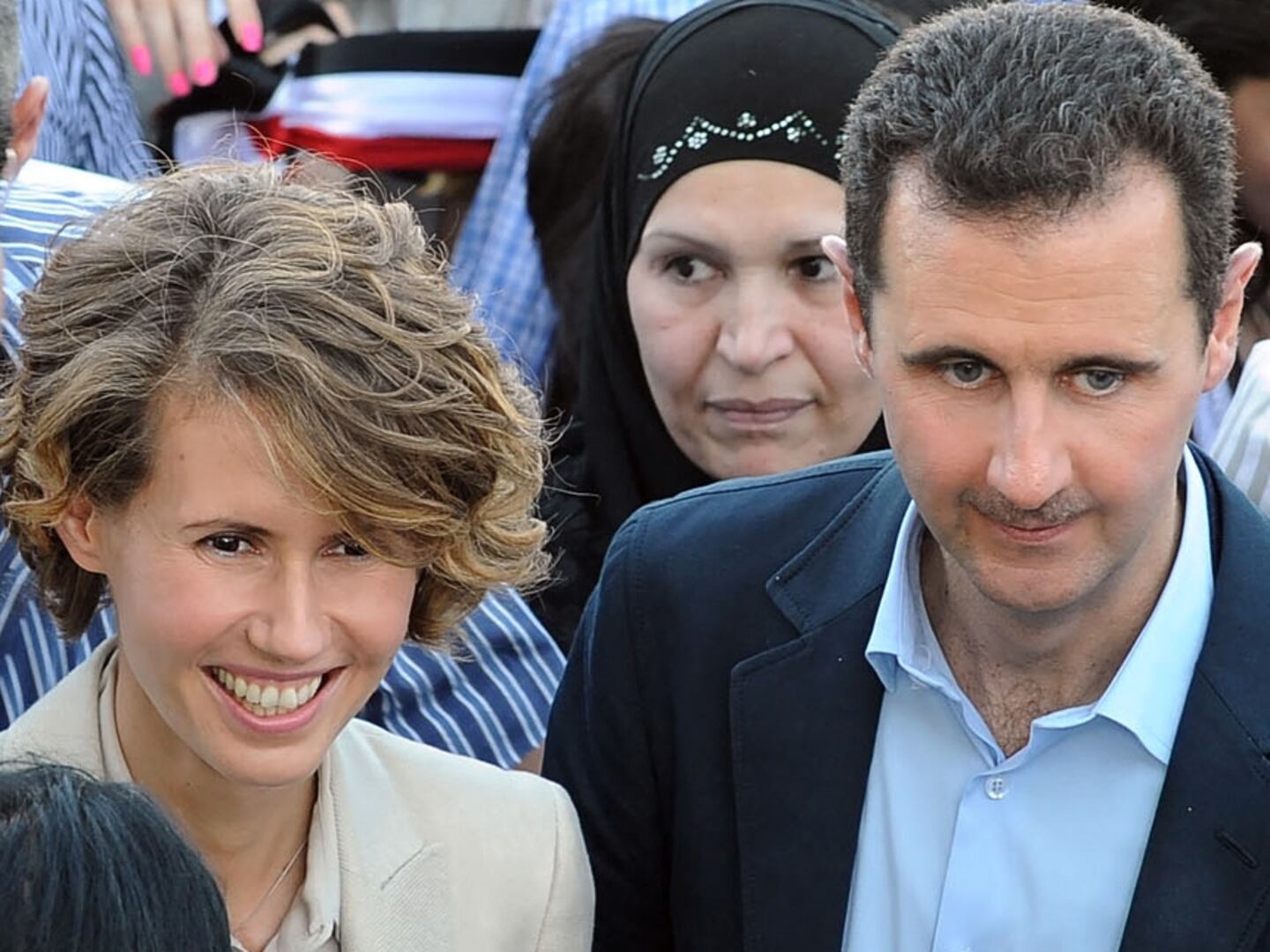Entertainment
Ben Blackall/Netflix
The Feminist Aesthetic of ‘Happy Valley’: A Refusal to Eroticize Violence Against Women
Binge-Worthy
‘Happy Valley’ has magically transformed the crime drama genre by decoupling the violence against women from the suspense that keeps us watching.






